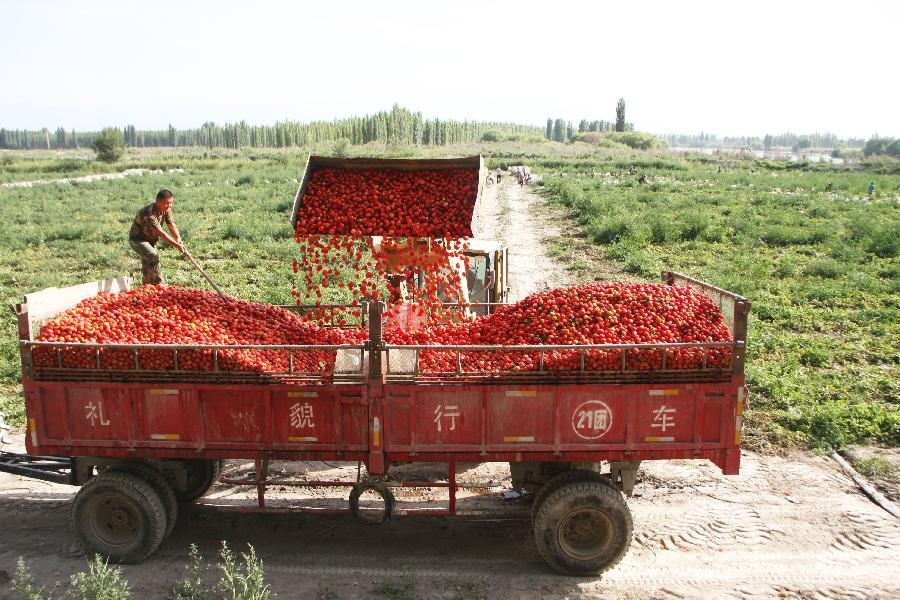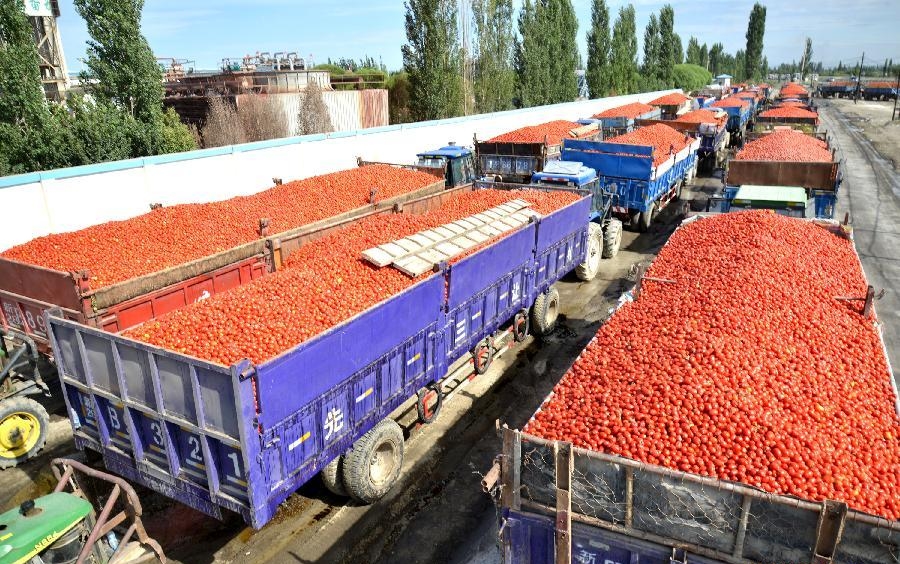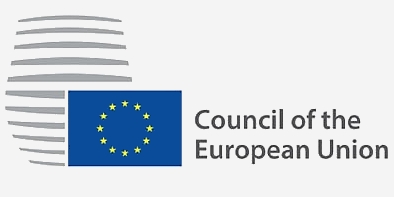Respect for your privacy is our priority
The cookie is a small information file stored in your browser each time you visit our web page.Cookies are useful because they record the history of your activity on our web page. Thus, when you return to the page, it identifies you and configures its content based on your browsing habits, your identity and your preferences.
You may accept cookies or refuse, block or delete cookies, at your convenience. To do this, you can choose from one of the options available on this window or even and if necessary, by configuring your browser.
If you refuse cookies, we can not guarantee the proper functioning of the various features of our web page.
For more information, please read the COOKIES INFORMATION section on our web page.


 Since the 2022 ban was imposed under the Uyghur Forced Labor Prevention Act, U.S. officials have seized more than USD 2.2 billion of goods at American ports they believe were produced by Uyghur forced labor. Despite this, Forbes found examples of canned tomatoes and pastes from Chinese companies with links to Xinjiang on sale with major online retailers and via online grocery delivery apps, using data from Israeli startup Ultra Information Solution’s digital vetting platform Publican. “Chinese importers are still able to easily bypass the Uyghur Forced Labor Prevention Act enforcement,” Ultra’s cofounder Ram Ben Tzion told Forbes. “Forced labor products are still widely available in the U.S. market.”
Since the 2022 ban was imposed under the Uyghur Forced Labor Prevention Act, U.S. officials have seized more than USD 2.2 billion of goods at American ports they believe were produced by Uyghur forced labor. Despite this, Forbes found examples of canned tomatoes and pastes from Chinese companies with links to Xinjiang on sale with major online retailers and via online grocery delivery apps, using data from Israeli startup Ultra Information Solution’s digital vetting platform Publican. “Chinese importers are still able to easily bypass the Uyghur Forced Labor Prevention Act enforcement,” Ultra’s cofounder Ram Ben Tzion told Forbes. “Forced labor products are still widely available in the U.S. market.” U.S. Customs and Border Protection data shows that the majority of the goods seized under the Uyghur Forced Labor Prevention Act have been electronics and cotton-based clothing and textiles. Agricultural imports like tomatoes represent only 1% of the USD 2.2 billion Xinjiang-produced goods seized by CBP since 2022. Even before the ban, the scale of Chinese tomato imports to the United States was small. The U.S. is a major tomato exporter, though Chinese tomato paste costs much less than California-grown products. “The only reason for this to take place would be cost,” said Bruce Rominger, chairman of the California Tomato Growers Association. “California has some of the most stringent environmental, food safety, labor laws and wages in the United States. With these standards do come costs.”
U.S. Customs and Border Protection data shows that the majority of the goods seized under the Uyghur Forced Labor Prevention Act have been electronics and cotton-based clothing and textiles. Agricultural imports like tomatoes represent only 1% of the USD 2.2 billion Xinjiang-produced goods seized by CBP since 2022. Even before the ban, the scale of Chinese tomato imports to the United States was small. The U.S. is a major tomato exporter, though Chinese tomato paste costs much less than California-grown products. “The only reason for this to take place would be cost,” said Bruce Rominger, chairman of the California Tomato Growers Association. “California has some of the most stringent environmental, food safety, labor laws and wages in the United States. With these standards do come costs.” Unfair competition hurts Italian agriculture. According to the Coldiretti's analysis of U.S. Department of Labor data, "agri-food products grown or processed using forced adult and child labor include peppers from Mexico, rice from Mali, chestnuts from Peru, fish from Thailand, Indonesia and China, and sugar cane from Brazil. A large proportion of the food products that end up on Italian or European supermarket shelves are imports of non-EU products that create unfair competition with agricultural producers and endanger the health of consumers."
Unfair competition hurts Italian agriculture. According to the Coldiretti's analysis of U.S. Department of Labor data, "agri-food products grown or processed using forced adult and child labor include peppers from Mexico, rice from Mali, chestnuts from Peru, fish from Thailand, Indonesia and China, and sugar cane from Brazil. A large proportion of the food products that end up on Italian or European supermarket shelves are imports of non-EU products that create unfair competition with agricultural producers and endanger the health of consumers." Some complementary data
Some complementary data



























